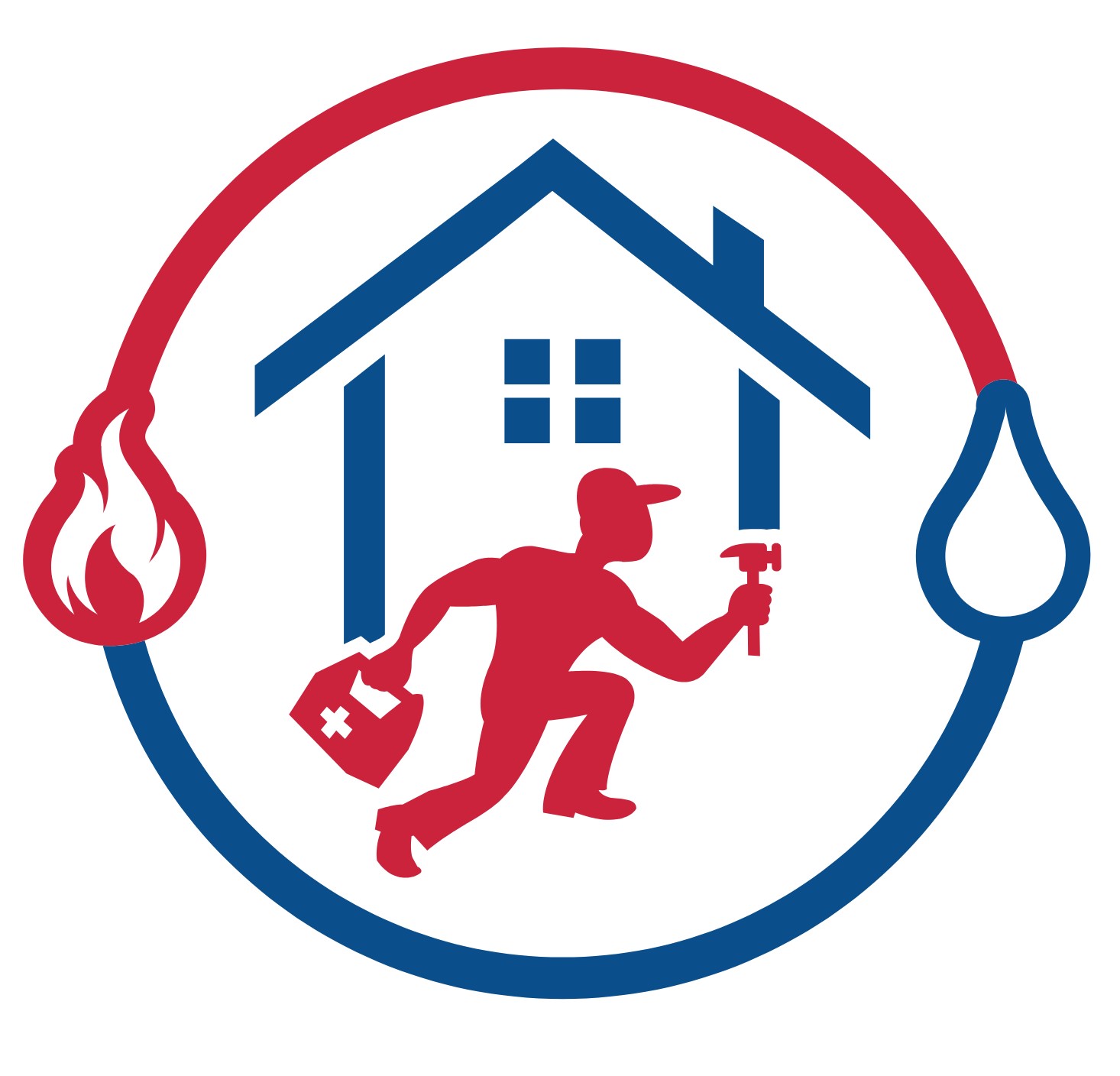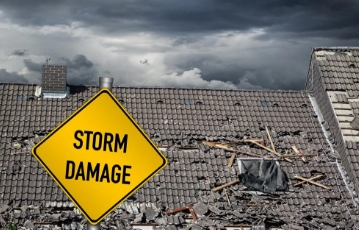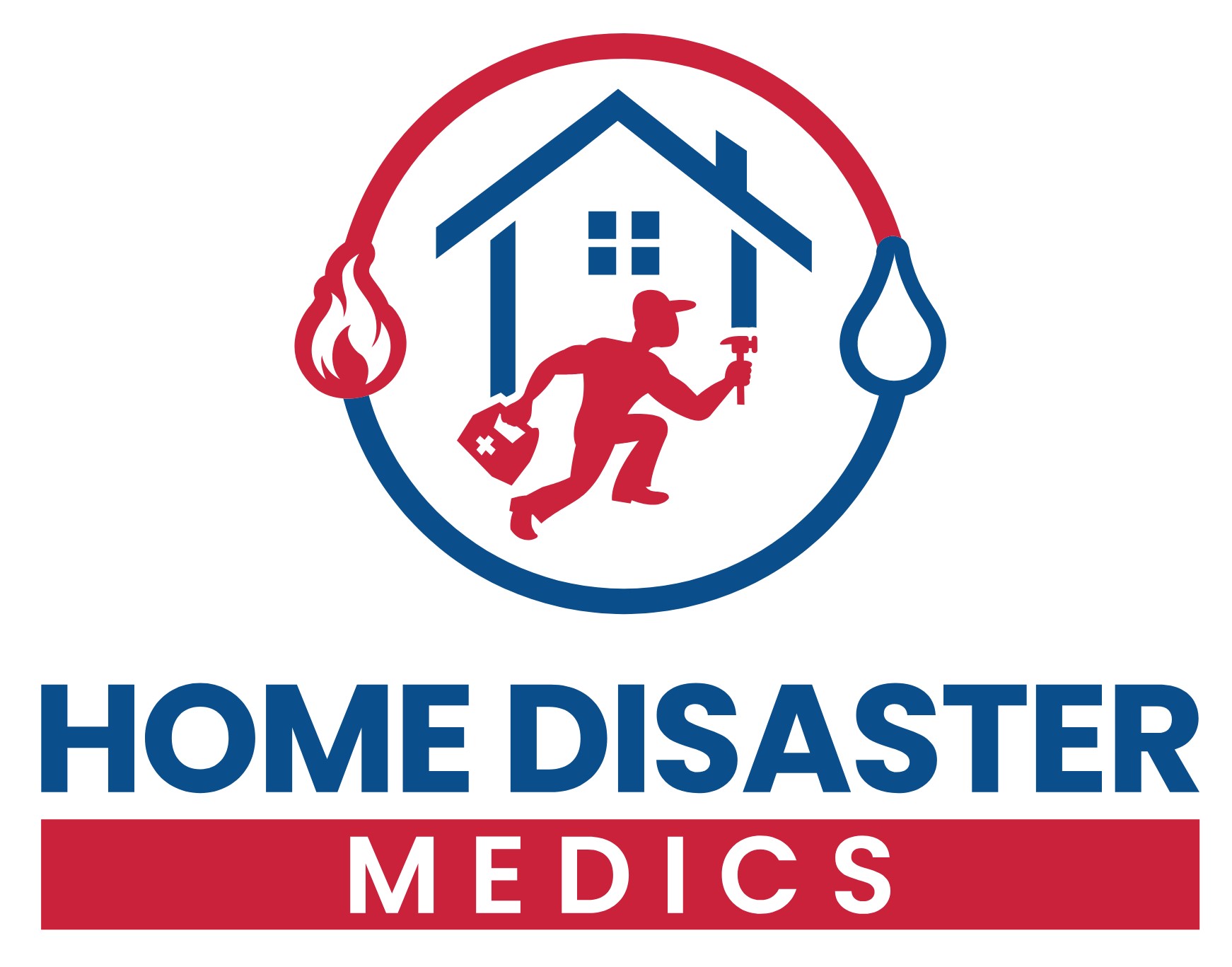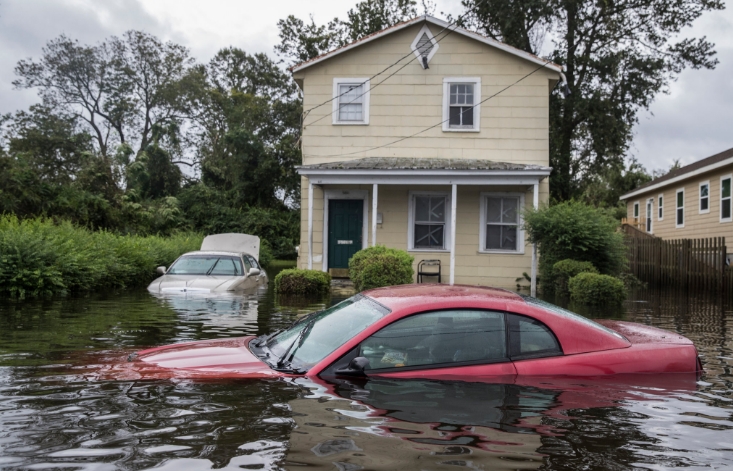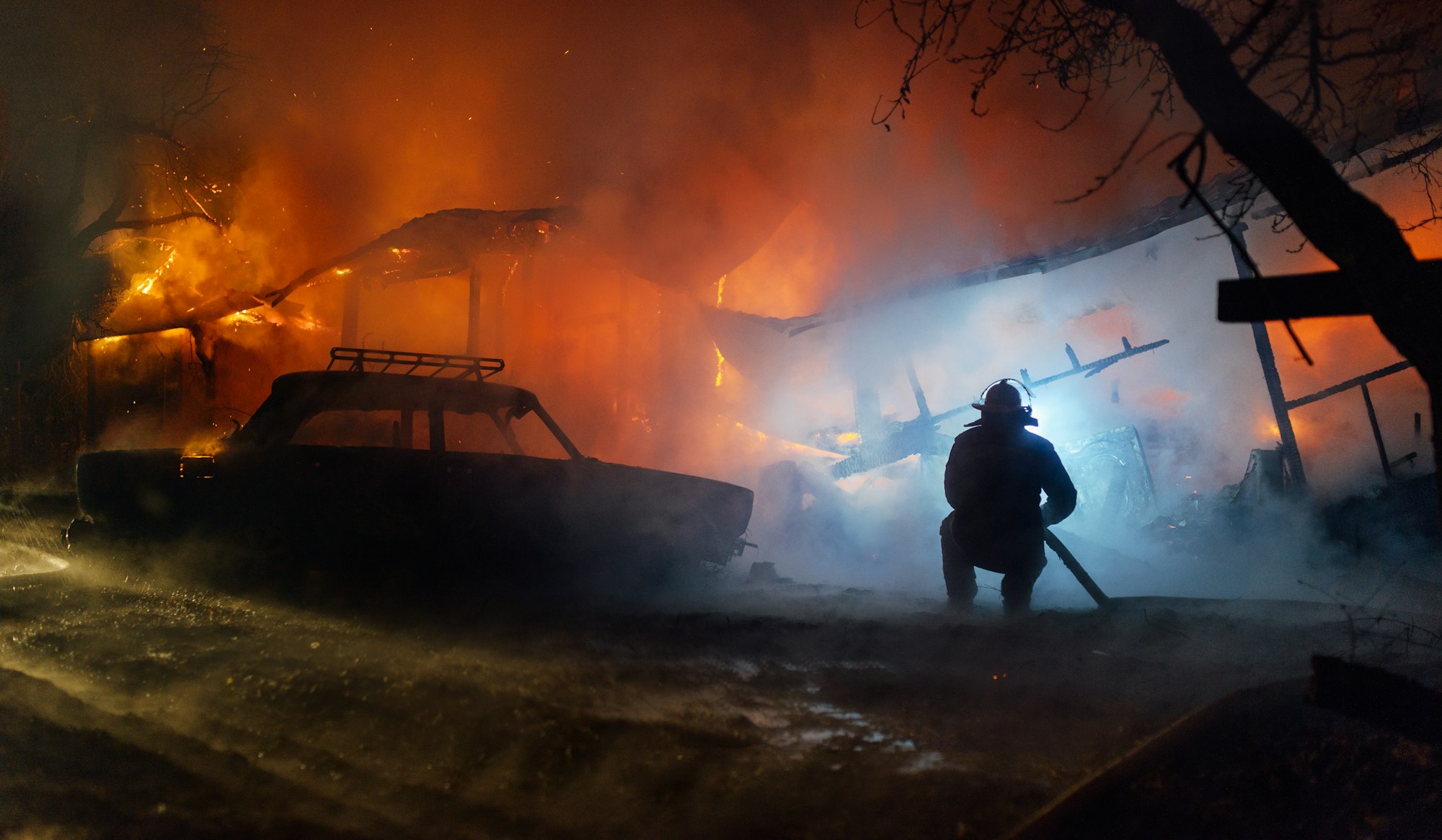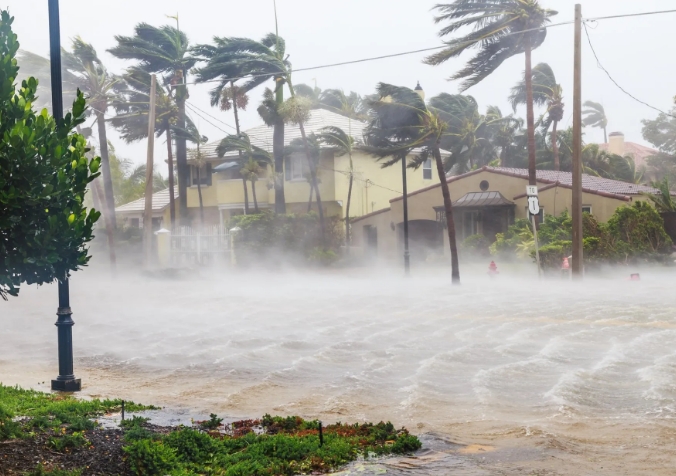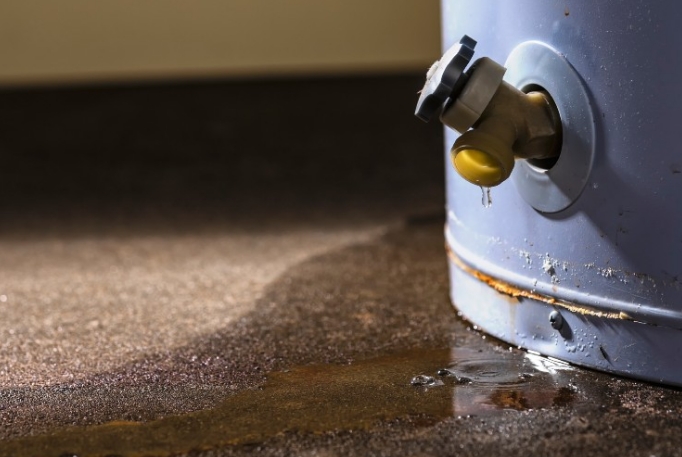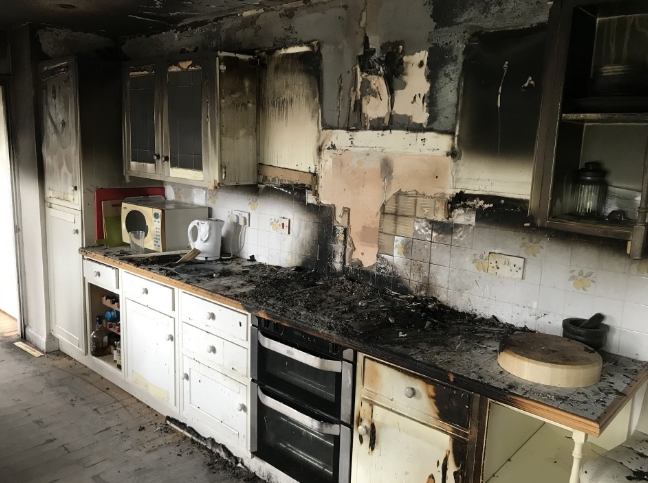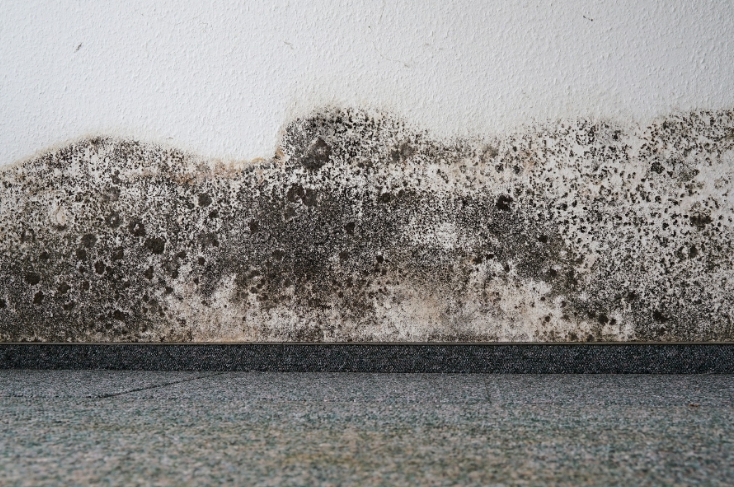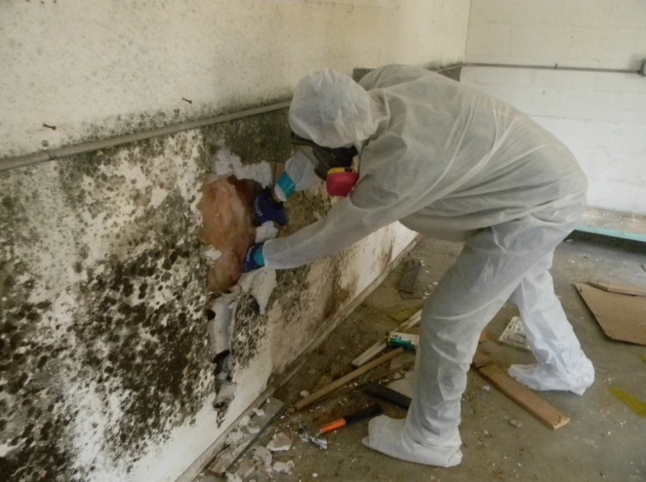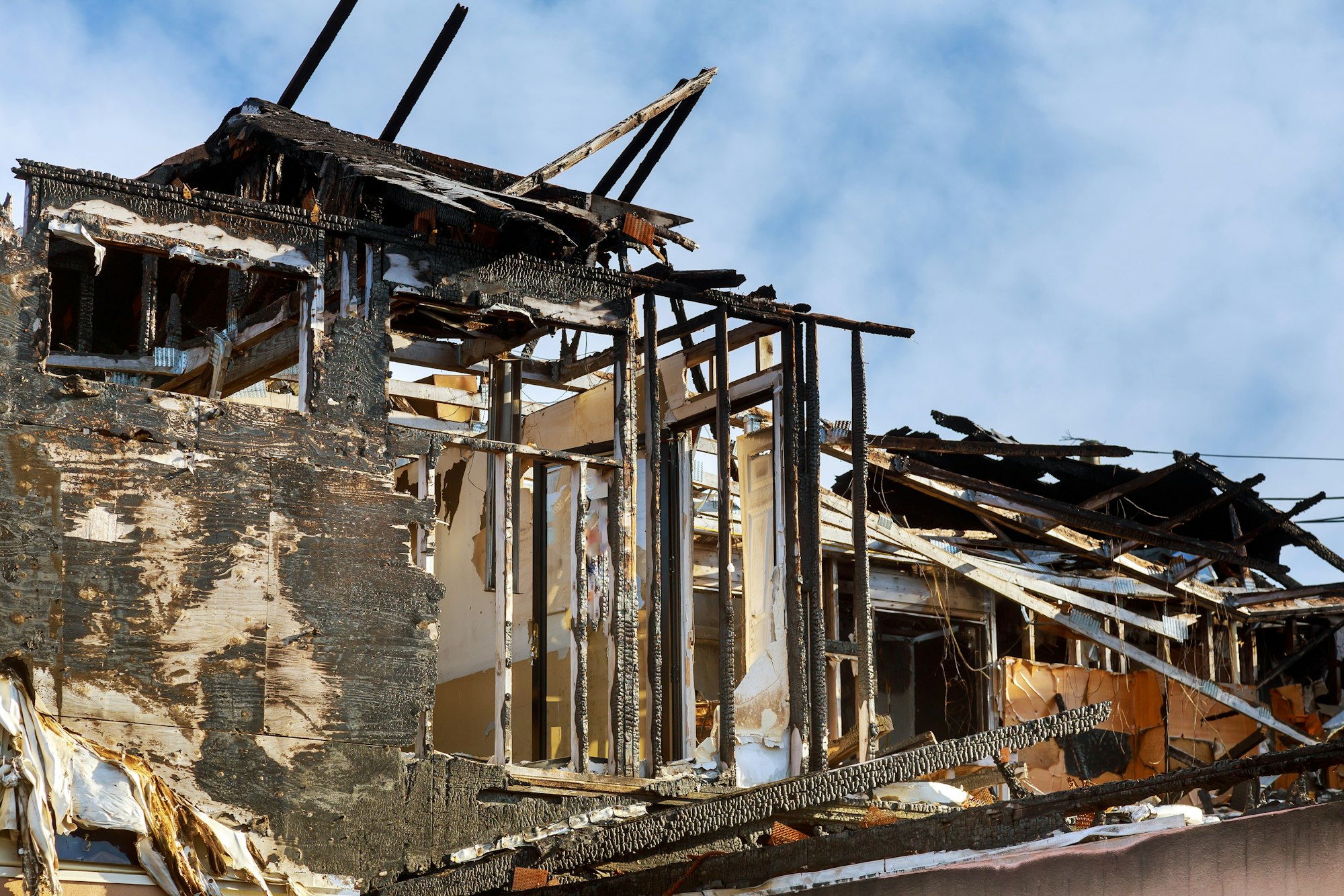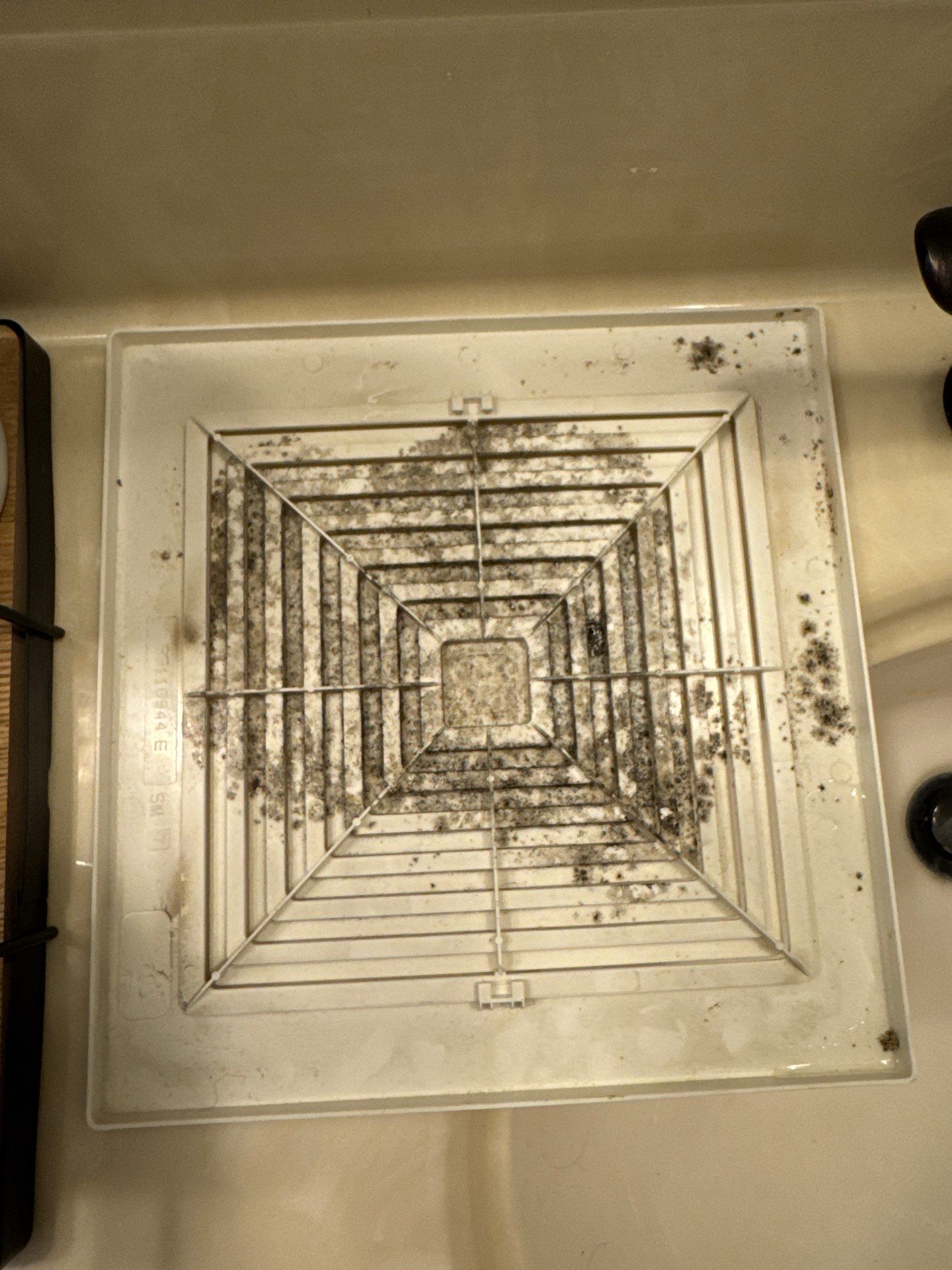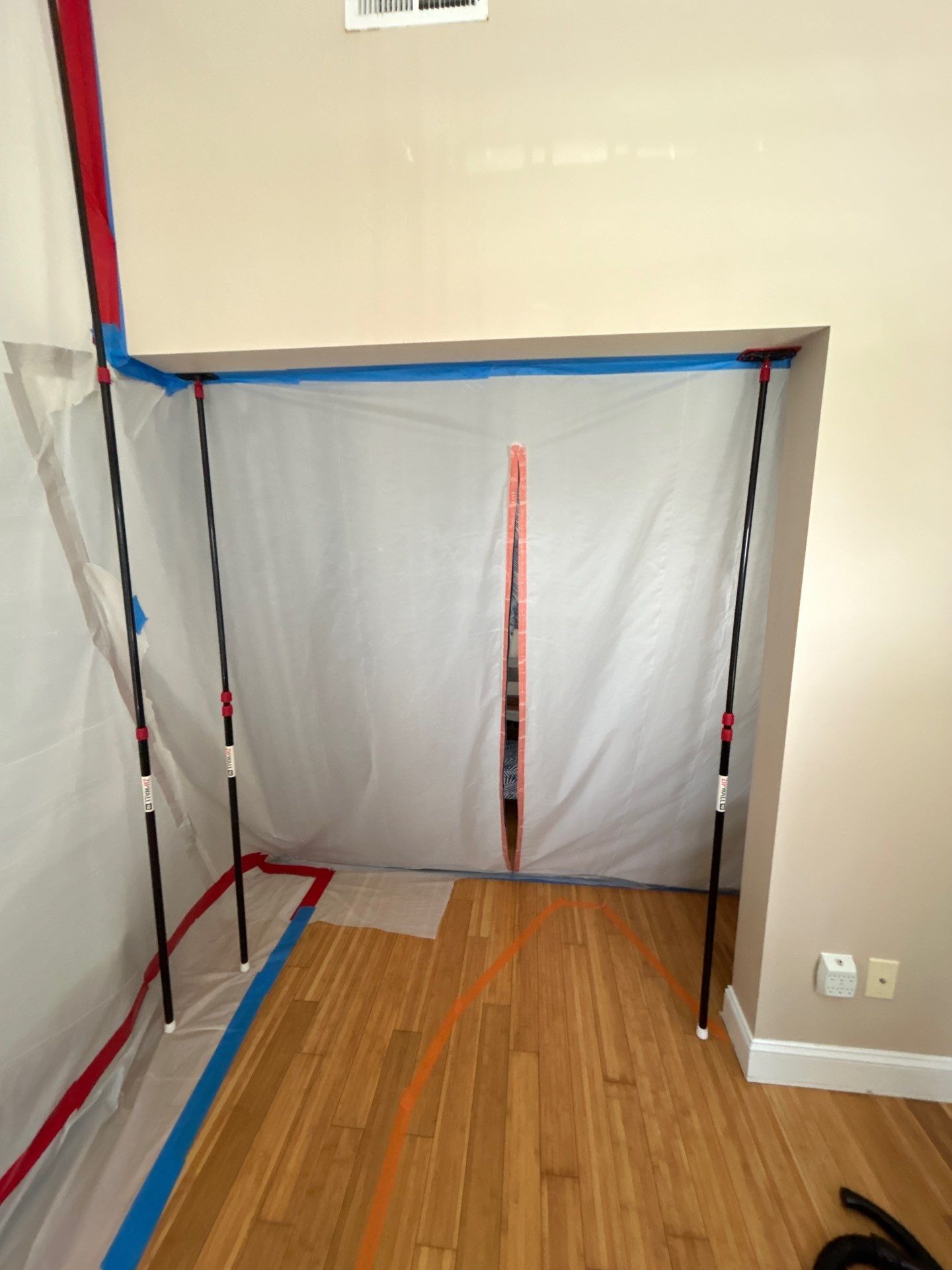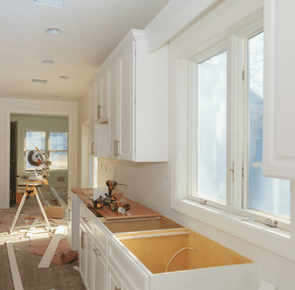Home Damage Scenarios in North Carolina
Home Damage Scenarios: Home damage can hit unexpectedly, leaving homeowners in North Carolina dealing with both the physical destruction and emotional strain. At Home Disaster Medics, we know that being informed is the best way to stay prepared. In this post, we’ll explore common home damage scenarios that North Carolinians face, including how to handle restoration and navigate the insurance claims process.
1. Water Damage: A Persistent Problem
Water damage is a top concern for many homeowners in North Carolina. From hurricanes and heavy rains to burst pipes and appliance failures, water can wreak havoc on homes in no time. We’ll walk you through the essential steps to take after water damage, including the importance of fast water removal and drying. We’ll also discuss how quick action can help prevent mold growth and structural damage down the road.
2. Fire Damage: Rebuilding After a Blaze
Fire damage can be devastating, leaving homes and lives in turmoil. Whether it’s the aftermath of a kitchen fire, electrical failure, or wildfire near wooded areas, we understand how destructive fires can be. We’ll explain how to assess fire damage, remove smoke and soot, and address structural concerns. Additionally, we recognize the emotional toll that fire incidents take, and we’ll discuss how a compassionate restoration approach can help homeowners recover and rebuild.
3. Natural Disasters: Ready for the Storm
North Carolina residents are no strangers to hurricanes, tropical storms, and severe weather. These natural disasters can cause widespread damage, from flooding and wind damage to fallen trees and structural instability. We’ll cover how to respond quickly and effectively to restore your home after a natural disaster and the specific restoration services required to bring your property back to its pre-storm condition.
4. Mold: A Hidden Threat After Water Damage
Mold is a common concern in areas with high humidity, like North Carolina, and it often appears after water damage. Mold not only poses health risks but can also cause lasting damage to your home’s structure. We’ll explain how to detect and treat mold issues, how mold remediation works, and the steps we take to ensure it doesn’t return.
5. Wind and Storm Surge Damage
Coastal and inland North Carolina communities are especially vulnerable to wind and storm surge damage during hurricane season. From roof damage to broken windows and flooded basements, storms can leave your home in need of significant repairs. We’ll explain how to assess the damage, prevent further water intrusion, and restore your home to its original condition after a storm.
6. Navigating Insurance Claims in North Carolina
When dealing with home damage, understanding how to file insurance claims is crucial. Each type of damage—whether from water, fire, or natural disasters—requires different documentation and steps for filing a claim. We’ll provide tips on how to work with your insurance provider, what documents you’ll need, and how Home Disaster Medics can help ensure a smooth and efficient claims process so you can get the compensation you need.
At Home Disaster Medics, we know that North Carolina residents face unique challenges when it comes to home damage, from hurricanes and heavy rains to the risks posed by humidity and mold. Whether you’re dealing with water damage, fire destruction, mold, or storm damage, we’re here to help guide you through the restoration process. Our goal is to provide you with the knowledge and expertise you need to make informed decisions and recover quickly. Stay tuned for more expert advice on home restoration and how we can help North Carolina homeowners bounce back from disasters.
Follow Home Disaster Medics on Facebook
